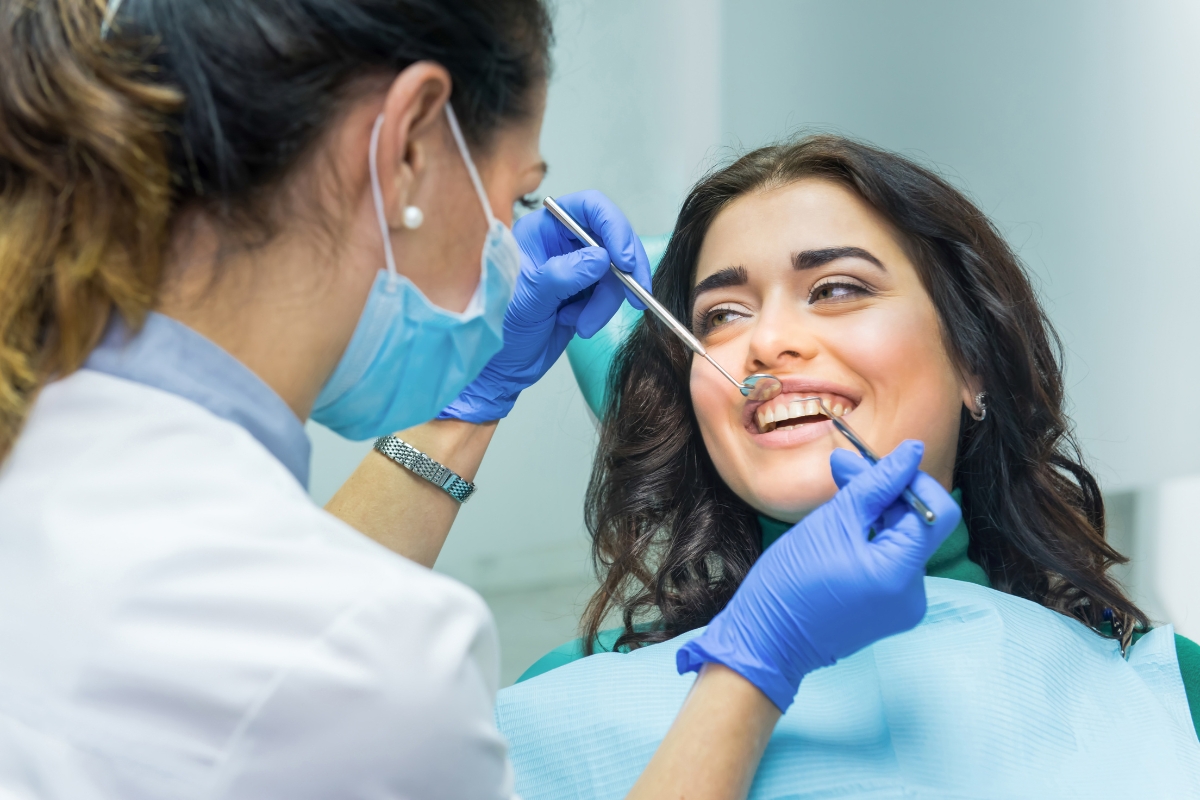
Dental emergency comes suddenly, often in regular life or special events. Severe pain halts normal life, emergency appointments create fear, and treatment expenses put unwanted pressure. Unforeseen events shock families and disrupt work or school. Everyone perceives emergencies as inevitable. However, preventive measures reduce most risks.
Normal care, prudent decision-making, and prompt intervention avoid damage before it becomes grievous. Understanding preventive measures empowers patients to avoid unnecessary visits to an emergency dentist. Prevention means control, comfort, and confidence.
Why Preventing Dental Emergencies Matters
Prevention of a dental emergency saves time, money, and stress. Prevention at the beginning stage maintains overall health by perpetuating oral balance and wellness. Forgetting issues equates to risk for infection, painful abscesses, or fractured teeth.
Delayed treatment comes in the form of an emergency with massive care. Preventive focus eliminates unnecessary suffering and keeps your smile strong. Regular awareness reduces common problems, ensuring a better quality of life.
Avoiding preventable trauma avoids the stress of rushing to an emergency dentist in Clarksburg. Prioritizing prevention provides peace of mind every day.
Everyday Oral Care That Reduces Risks
Daily brushing can help to arrest plaque that can cause a dental emergency. Brush with fluoride toothpaste to strengthen tooth enamel. Floss helps to move debris from between teeth and prevent gum infection and irritation. Fluoride rinses decrease harmful bacteria that grow in plaque. With routine cleanings, problems can be caught before emergencies arise.
Gum disease and cavities are both staved off due to professional cleanings. Avoiding the dentist raises risks for painful complications. Little everyday habits shield teeth from injury-inducing damage.
Performing these fundamentals greatly diminishes the chances of an emergency dental callout. Good habits now save future headaches.
Habits That Save Your Teeth
Breaking ice chips can fracture enamel and lead to a dental crisis. Avoid pens or hard items that chip teeth. Never use teeth to cut open a bottle or tear open packages. Such maltreatment creates cracks, sensitivity, or infection.
Limit sugary treats that demineralize enamel and create cavities. Acidic drinks erode protective coatings and invite sudden pain. Cumulative wear increases the chances of dashing to an emergency dentist.
Taking prudent habits protects natural strength and avoids accidents. Smart prevention keeps smiles healthy against stress.
Keeping Teeth Safe While Taking Part
Sports increase the possibility of a dental emergency. Wear a mouthguard in contact sports at all times. Grinding while sleeping erodes enamel, so wear a close-fitting nightguard. Outdoor sports like cycling or hiking demand protective gear. Safety gear and helmets help avoid falls that damage teeth.
Dangerous hobbies most often cause cracks or knocked-out teeth. Preparedness reduces the need for an emergency dentist. Protective measures preserve oral health on adventures. Preventive measures protect athletes and occasional thrill-seekers.
How Lifestyle Choices Prevent Emergencies
Balanced diet strengthens enamel and prevents a dental emergency. Calcium-rich consumption enhances bone strength and supports the gums. Proper hydration stimulates saliva, which neutralizes detrimental acids naturally. Dehydration is a risk for tooth infection and tooth decay.
Smoking weakens immunity and kills gum tissues. Excessive drinking produces dry mouth and enamel softening. Both behaviors greatly raise emergency risks. Healthy lifestyle choices eliminate the necessity of an emergency dentist in Clarksburg. Smart choices outside the bathroom ensure guarded smiles.
When to Seek Early Professional Help
Warning signals normally precede an imminent dental crisis. Sensitive teeth, bleeding gums, or swelling are complaints that must be given immediate attention. Ignoring these symptoms may cause worsening infections and throbbing complications. Early referral to a dentist for sensitive teeth can mean the difference.
Prompt treatment prevents more complicated problems that require emergency dental attention. Early intervention of small complaints reduces the chances of emergency dentist consultation. Professional guidance ensures long-term oral health. Quick action keeps control in your hands.
Preventing dental emergencies saves health, saves dollars, and saves stress. Healthy lifestyles and smart decisions protect smiles from surprises. Care and uniformity of lifestyle change build long-term protection. Early professional treatment stops problems before they become infected.
Habit risk reduction keeps urgent care to a minimum. Sticking to prevention builds assurance in daily life. Be proactive, not reactive, for the healthiest future possible. A trip to an emergency dentist is the exception, not the rule.
